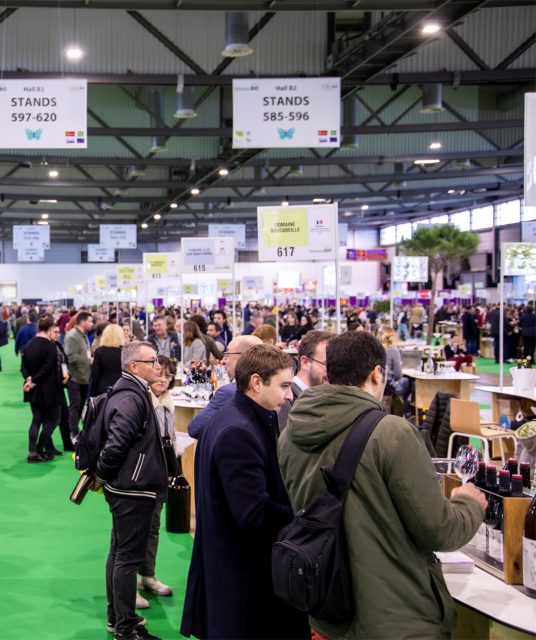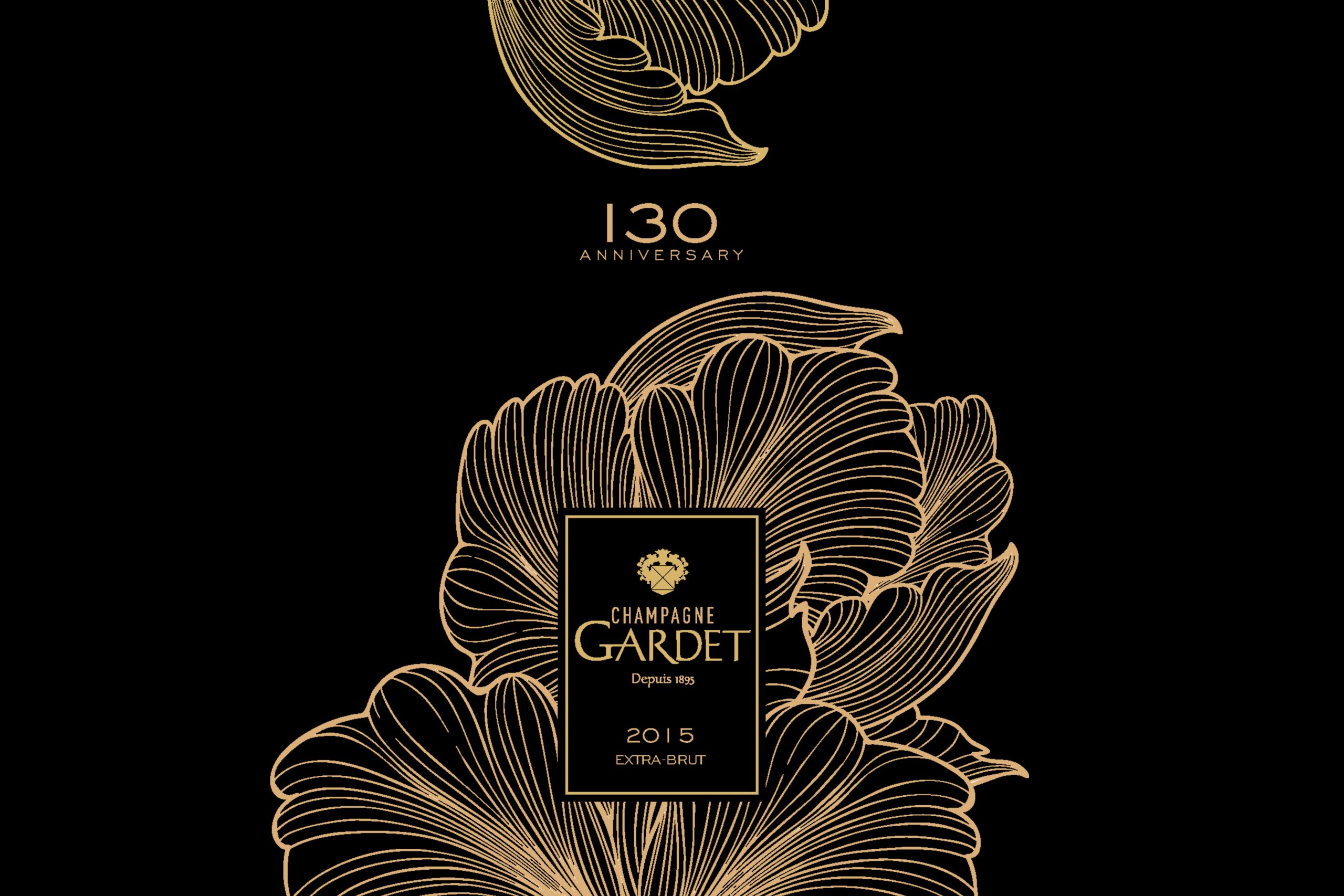Millésime BIO 2025 aims to become “focal point” for wine industry issues
By db staff writerMillésime BIO is now one of the largest trade exhibition in the world for organic wines and alcoholic beverages with 1,500 exhibitors from around fifteen countries spread across four continents. db looks at the upcoming show.

Hosted in Montpellier by the SudVinBio association, the large-scale event brings together some 1,100 winegrowers, co-operative members and trading companies across Occitania — one of Europe’s leading organic regions.
Despite economic tensions, the major organic wine industry indicators remain positive. Though admittedly at a slower pace than in 2018 to 2020, vineyard conversions continue, and last year saw over 500 new conversions start. 1.6% more vines were farmed organically, according to figures by Agence Bio.
In terms of markets, all channels are in growth, with the exception of super or hypermarkets where the wine department is experiencing structural decline. In 2023, sales of organic wine in France rose both in volume by 3% and value by 9%. They also increased in export markets, in volume by 9% and value by 5%.
Nevertheless, the crisis affecting wine consumption, difficulties impacting other organic product segments and a fairly bleak geopolitical, economic and social climate cause uncertainty, particularly as the extraordinary rate of conversions over the past few years has created new volumes in the market place and therefore the need for new outlets.
An exhibition catering to exhibitors
Millésime BIO, which is a non-profit associative exhibition, has “taken the current climate on board”, and decided to freeze its rates in a bid to support its exhibitors. Young businesses, either inherited or newly established, will even benefit from a boost of nearly 30%.
The organisers have decided to rein-in exhibitor numbers at 1,500 in order to preserve the balance between exhibitors and buyers. Also, the exhibition does not wish to become embroiled in a battle of figures. It prefers to guarantee its exhibitors selected and highly qualified visitor attendance, it said, with the aim that each meeting should be “useful and open up opportunities for trade”.
Optimised for visitors
Millésime BIO is also ramping up the resources designed for the 11,000 trade buyers due to attend so as to facilitate networking with exhibitors. Visitors will discover a new platform for making appointments and an optimised version of the mobile application.
The app will help them select exhibitors using a large number of filters: product categories, geographical designations, types of packaging and complementary endorsements for instance.
Visitors will also have access to an even broader choice of products with the arrival of low- and no-alcohol drinks at the fair and the return of the Beer&Bio, Cider&Bio and Spirit&Bio areas.
There will also be zones in the self-serve tasting area dedicated to bulk wines from the Occitania region, and for the first time, wines made from resistant grape varieties.
Partner Content
Similarly, Millésime BIO is enhancing the visibility of schemes that are complementary to organic farming. In conjunction with the Biodyvin producers’ organisation, which next year celebrates its thirtieth anniversary, the organisers are hosting an innovative corner so that all Biodyvin members can be gathered in the same hall, but without undermining appellation diversity which is the exhibition’s key trait.

Competition
Organised in conjunction with the specialist magazine Vitisbio, the Hérault chamber of agriculture and the French bird protection league LPO, the event’s competition launched in 2024 has now entered its second year.
It rewards initiatives by organic winegrowers that aim to bolster the vitality of ecosystems.
Trees, which offer habitats for wildlife – particularly beneficial fauna – create shade and cool temperatures down. They will be the main theme for 2025.
The next competition, which serves as a showcase for top-ranking organic products with some 2,000 wines and 150 beers competing, will take place on 14 and 15 January 2025.
Award-winning wines and beers selected by panels of prominent industry members will be available for free-pour tastings at the Millésime BIO Challenge Bar. In 2024, 537 wines and 42 beers won awards. Entries open on 4 November 2024.
The importance of organic
Organic wines are made using organic farming techniques. These are defined by the European organic farming regulation, a long legal text which specifies a certain number of restrictive rules compared with conventional farming, including a ban on synthetic fertilisers and pesticides but also the use of certain products or processes during winemaking.
The European Union also praises the technique, stating organic production “combines environmental and climate action practices, a high level of biodiversity, the preservation of natural resources and the application of […] standards in line with the demand of a growing number of consumers for products produced using natural substances and processes”.
In France, a 2022 report by the Court of Auditors drawing on a number of studies stated that “organic farming is the best way of ensuring a successful agro-environmental transition and encouraging (farmers) to adopt more environmentally- friendly practices”.
Related news
“Organic wine = hope”: Oregon’s new grower-led movement makes its mark




